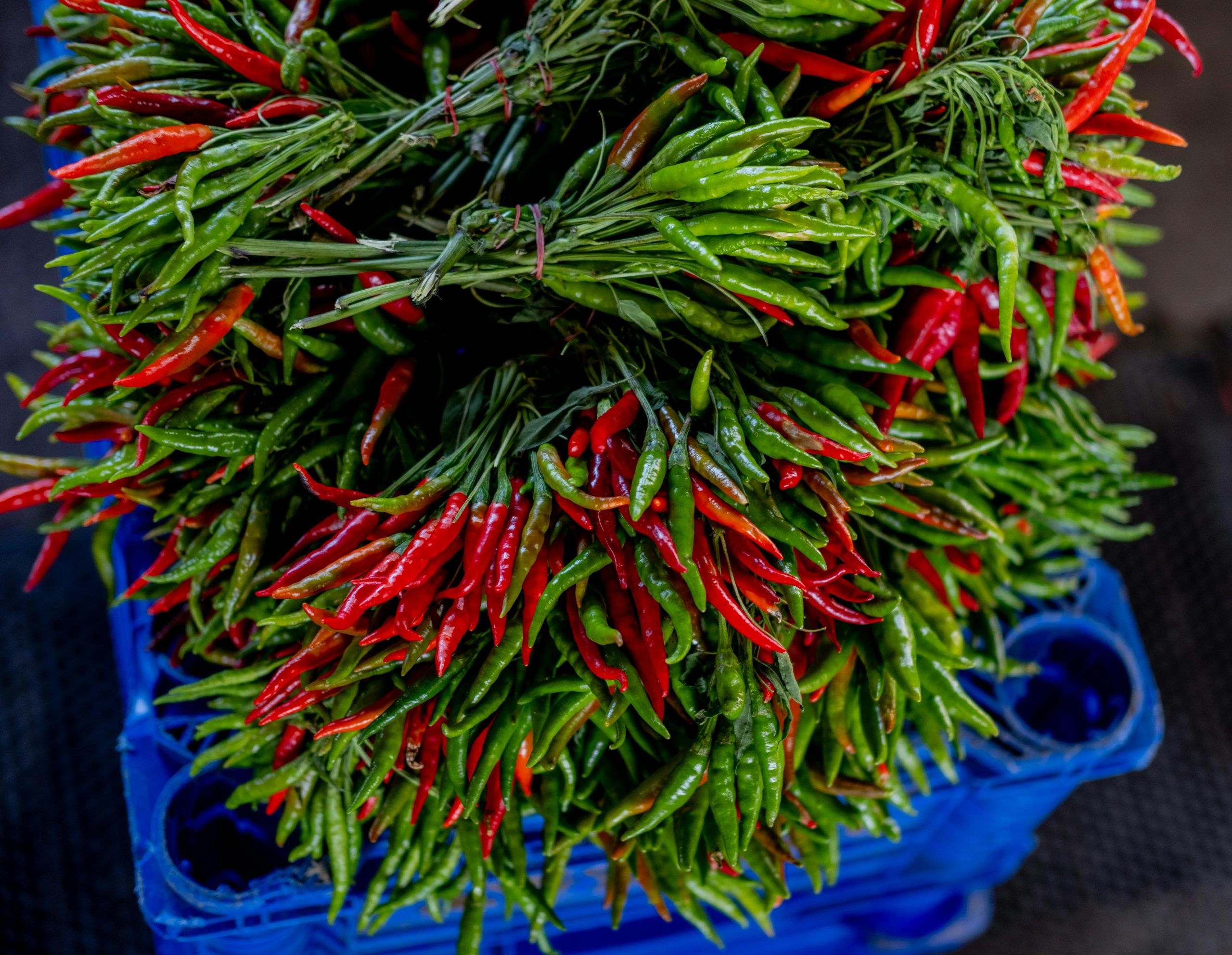Kitchen Herb Gardens: Growing Fresh Flavors in Smallest Spaces
Are you tired of bland, store-bought herbs that lack the freshness and flavor you desire in your cooking? Look no further than your own kitchen. With the rise of apartment living and smaller living spaces, having a full-sized outdoor garden may not be feasible. But that doesn’t mean you have to sacrifice the joy and convenience of having fresh herbs at your fingertips. In fact, you can create your very own kitchen herb garden, bringing life and flavor into even the smallest of spaces.
The Benefits of Having a Kitchen Herb Garden
Aside from the obvious fact that you’ll have fresh herbs readily available, there are multiple benefits to having a kitchen herb garden. First and foremost, having a mini herb garden in your kitchen means you can easily add fresh herbs to your dishes anytime you want. You won’t have to make a trip to the grocery store or settle for dried herbs that may have lost their potency.
Additionally, having a kitchen herb garden can save you money in the long run. Instead of buying packaged herbs every week, you can simply grow your own and save on those extra expenses. Not to mention, it’s a great way to reduce waste since you’ll only harvest what you need. Plus, growing your own herbs is a sustainable and environmentally-friendly practice.
Lastly, having a kitchen herb garden can also be a fun and therapeutic hobby. Caring for plants, even in a small scale, can be a great stress-reliever and can bring a sense of accomplishment as you watch your herbs grow and thrive.
Choosing the Right Herbs for Your Kitchen Garden
When it comes to choosing which herbs to grow in your kitchen garden, the options are endless. However, certain herbs thrive better in small spaces, making them ideal for indoor gardens. Some great herbs to start with include basil, parsley, cilantro, chives, mint, and rosemary.
Basil
Basil is a popular herb known for its fresh and aromatic leaves. It grows well in small pots and requires lots of sunlight and water. Its leaves are perfect for adding a pop of flavor to soups, salads, and even cocktails.
Parsley
Parsley is a versatile herb that can be used as a garnish or mixed into dishes. It’s relatively easy to grow in both indoor and outdoor settings and with regular trimming, it can produce a constant supply of fresh leaves.
Cilantro
Cilantro is another easy-to-grow herb with a distinct flavor that is commonly used in Mexican and Asian cuisine. It grows best in a sunny window and can be harvested frequently to add a burst of flavor to your favorite dishes.
Chives
Chives are a great choice for a kitchen herb garden because they have a mild onion-like flavor and require minimal maintenance. They grow well in small containers and can be easily grown from seeds or divided from an existing plant.
Mint
Mint is a refreshing and aromatic herb that is perfect for adding to teas, cocktails, and desserts. It’s a fast-growing herb that needs regular watering and plenty of sunlight. Just be sure to keep it contained in a pot, as it can spread quickly.
Rosemary
Rosemary is a perennial herb that is great for adding flavor to grilled meats, roasted vegetables, and even bread. It can thrive in small pots, as long as it has plenty of drainage and gets at least six hours of sunlight a day.
Creating and Maintaining Your Kitchen Herb Garden
Now that you’ve selected which herbs you want to grow, it’s time to get your kitchen garden started. The first step is to choose the right containers for your herbs. Consider using small pots, mason jars, or even repurposed containers like tin cans or egg cartons.
Next, fill your containers with potting soil, leaving about an inch of space at the top. You can choose to start from seeds or purchase already-grown seedlings from a nursery. Be sure to follow the instructions for each herb on how deep to plant and how often to water.
To ensure your herbs grow healthy and strong, they will need plenty of sunlight and regular watering. If you live in a particularly dry climate, you may want to use a spray bottle to mist your herbs to keep the soil moist.
Make sure to regularly trim your herbs, as this will promote new growth and keep them from becoming too leggy. You can also give them a boost of nutrients by adding organic fertilizer every few weeks.
Utilizing Your Kitchen Herbs in Cooking
Now that your kitchen herb garden is thriving, it’s time to start using them in your cooking. The great thing about having fresh herbs at your disposal is that you can add them to dishes whenever you want, without any extra cost.
You can use herbs in various ways, such as adding them to marinades, salad dressings, and sauces. Or you can simply chop them up and sprinkle them on top of a finished dish for an extra burst of flavor. The possibilities are endless.
In Conclusion
Creating a kitchen herb garden is not only practical, but it can also be a fun and rewarding experience. With a little bit of effort and some TLC, you can have a constant supply of fresh herbs to elevate your cooking and add a touch of greenery to your living space. So why not give it a try and see for yourself the difference that fresh herbs can make.










